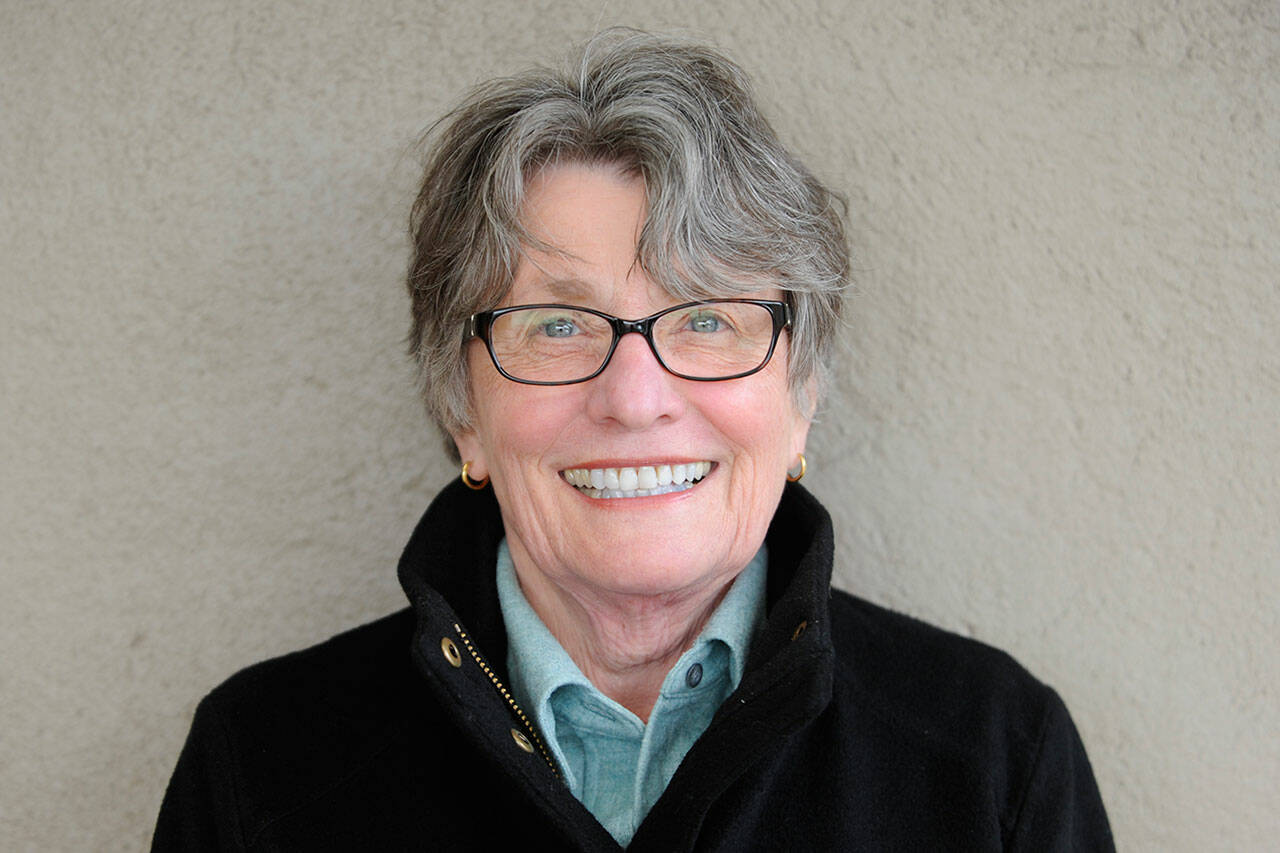The COVID-19 pandemic proved fertile ground for escalating the political divisions of our country into what could cause irreparable harm if we do not seek understanding and a way to come together in our democracy. (Think About It, Sequim Gazette, March 9, page A-12)
Scientists Giordano Bruno was burned at the stake and Galileo Galilei imprisoned by accusers for presenting theories that seemed contrary to church doctrine at the time. Heresy or deviating from the orthodox view that Earth was the center of the universe was the official crime.
The scientists’ views did not come from associating with known evildoers or cruising the internet; rather, they came from scientific study about planets like our Earth revolving around stars like our Sun.
We could scoff at ignorant, 16th-century beliefs and the arrogance of religion to severely punish people for contrary views. We should not since each century has seen resistance to discoveries that challenge religious faith and tribal practices. This time is no different.
Our response to the pandemic splintered and divided America instead of uniting America against a common enemy. We must ask what went so sideways that we acquired certainty in disparate versions of “truth” that resulted in unnecessary spread of the disease and hundreds of thousands unnecessary deaths.
Whenever should protection of our certainty of beliefs grant us permission to steal from, oppress, even kill other humans? We must ask if we have the capacity to see different expressions of our commonality of human purpose that will instead allow our peaceful coexistence.
Certainty and science
“Science became a divider either as a liberator or tyrant.” (Think About It, March 9)
I was astonished at the number of people that rejected the science of epidemiology and virology throughout the COVID-19 pandemic. I felt sympathy for the impatience for firm answers in the initial stages of the pandemic. We all shared the fear of the unknown. As theories and answers unfolded and changed from earlier directions, a campaign emerged to reject the science and the messengers of science as inconsistent.
“Lock down! Wipe down surfaces. Wear a mask. Spray/wipe your mail. Do not wear a mask — save a mask for health care providers, Wear a mask. Social distance 3 feet, 6 feet. Do not wipe your mail. Get vaccinated maybe. No, get vaccinated!”
What did not change was virologists and epidemiologists’ understanding that COVID-19 was highly contagious and resulted in agonizing deaths when the virus took hold of bodies.
The danger of COVID-19 was lost by many as mistrust in science grew, especially among those who listened to cynics and skeptics. Changing directions from policy makers based on increasing knowledge of the novel virus fed skepticism of science. Some people stopped believing they could die from or give the disease to someone else who could die.
Physicians, public health officials, scientists, researchers tried in their rational sometimes soft-spoken ways to explain that science is deliberate discovery. The scientific method was designed over time by those in science to establish certainty in data, data analysis and results but never intended to stop ongoing discovery.
Bruno and Galileo did not stop their study of the motion of planets. Galileo famously tried to characterize his findings so as not to offend the church just like public health and science officials couched their words during the Trump administration so as not to offend the president and lose their public voice altogether.
Science has rewarded us in many ways. We have vaccines and treatment in less than a year from our first awareness of COVID-19. We can survive terrible deadly illnesses. We can have a heart valve replaced in a couple of hours and be home the next day. We can travel places we never thought possible in a few hours. We can communicate in seconds through cyberspace.
Leadership in uncertainty
Science is more understandable when we recognize objective science is without emotion. Science is uninterested in the familiarity and comfort of our daily lives. Science challenges our certainty, creating anxiety about our futures. Adapting requires leaders and solid information backed up with research.
We can choose leaders who lead us through change or leaders that assuage our fears and ask nothing of us. We can choose our experts to help us. We may select honest purveyors or charlatans of information. These important decisions will determine the future of our democracy.
The pandemic exposed an underground of discontent and became the symbol of angst over the upending of the certainty and comfort of lives unrelated to the pandemic.
Many believe their lives and livelihoods were still being adversely influenced by vacillating and untrustworthy government policies, pandemic policies among them.
Spokespersons become villains, the most public pandemic figure being the renowned expert on communicable disease Dr. Anthony Fauci.
Conspiracy theories competed for best anti-science position to protect their theories masked as fact. Followers lined up on all sides. Conspiratorial leaders and self-selected politicians seek to be the “church” that oppresses discovery, especially of their “truths.”
Tyranny … brought to us through the democratic process.
Coming up next: The tyranny of certainty, Part III: Certainty and Politics.
Bertha Cooper, a featured columnist in the Sequim Gazette, spent her career years in health care administration, program development and consultation and it the author of the award-winning “Women, We’re Only Old Once.” Cooper and her husband have lived in Sequim more than 20 years. Reach her at columnists@sequimgazette.com.



